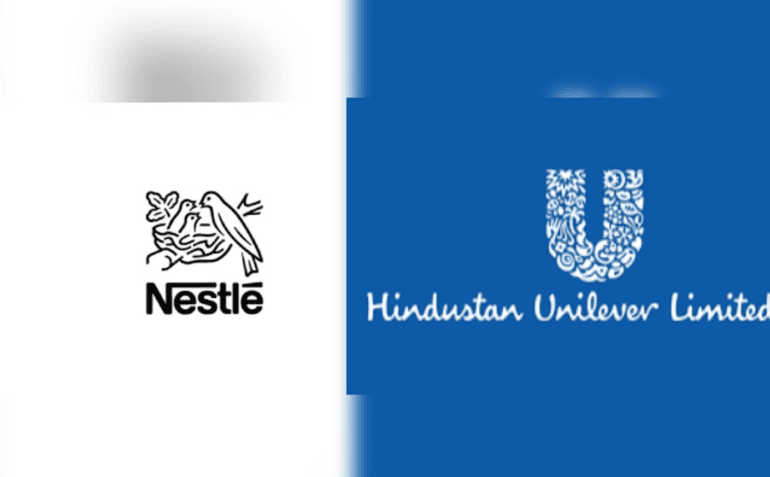TL;DR:
- Leading advertisers like Nestle and Unilever adopt generative AI technology to enhance efficiency and creativity.
- Generative AI software such as ChatGPT and DALL-E enable cost-cutting and increased productivity.
- Concerns about security, copyright, biases, and human involvement persist in the AI-driven advertising landscape.
- WPP collaborates with consumer goods companies to leverage AI for innovative campaigns.
- Nestle and Unilever utilize AI for content creation while addressing biases and privacy concerns.
- AI-human collaboration redefines advertising, emphasizing responsible AI adoption.
Main AI News:
In a bid to streamline operations and bolster productivity, leading global advertisers like Nestle and Unilever are actively embracing generative AI technology, including advanced platforms like ChatGPT and DALL-E. This strategic shift underscores the growing influence of artificial intelligence in reshaping advertising methodologies across diverse industries.
The integration of generative artificial intelligence (AI) is gaining significant traction, empowering businesses to create content by drawing insights from historical data. This novel approach has sparked interest among marketing teams, driven by the potential to curtail costs and expedite the advertising process while tapping into seemingly boundless creative avenues.
Executives from Nestle and Unilever, among others, have lauded the potential of AI to revolutionize advertising practices. The visionary application of AI includes the production of original text, images, and even computer code, going beyond traditional categorization and data identification mechanisms. This transformational technology is gradually altering the landscape of advertising, eliciting investment and enthusiasm from top consumer goods companies and advertising agencies alike.
WPP, the industry’s premier advertising agency, has pioneered the utilization of generative AI in collaboration with Nestle, Mondelez, and other consumer goods giants. This innovative approach has ushered in unparalleled efficiencies. For instance, the creation of advertisements that once necessitated extensive on-site shoots is now achieved virtually, yielding impressive cost savings. Collaborative campaigns with influential figures, such as Bollywood superstar Shah Rukh Khan, have demonstrated the vast potential of AI in reshaping marketing dynamics.
However, this technological evolution is not devoid of challenges. Concerns surrounding security, copyright protection, and inadvertent biases embedded in AI-generated content continue to be pertinent. Despite the rapid strides in AI, human intervention remains indispensable in the content creation process. Industry experts predict a future where AI and human ingenuity synergistically collaborate to deliver outstanding advertising campaigns.
Nestle’s Global Chief Marketing Officer, Aude Gandon, emphasizes the symbiotic relationship between AI and human creativity. Through the incorporation of AI, campaign ideas align seamlessly with brand identity and strategy, fostering an environment for collaborative content development. This approach, which marries the innovative potential of AI with human creativity, signifies a pivotal shift in the advertising landscape.
Unilever, renowned for its iconic brands, is also capitalizing on generative AI to fuel its advertising endeavors. The company’s proprietary AI technology facilitates the composition of product descriptions and visual content for digital platforms, cementing Unilever’s presence in the digital commerce landscape. However, the company remains committed to addressing concerns surrounding intellectual property and data privacy, reflecting its dedication to fostering an inclusive and unbiased AI ecosystem.
As generative AI continues to redefine advertising paradigms, it is crucial to address the ethical implications inherent in AI content generation. The imperative to mitigate biases and uphold a diverse and unbiased perspective underscores the responsibility of businesses and technologists in shaping AI’s trajectory.
Conclusion:
The integration of generative AI technology into advertising strategies heralds a significant transformation for the market. Leading brands’ adoption of platforms like ChatGPT and DALL-E highlights the potential for cost reduction, increased efficiency, and creative expansion. However, concerns about biases, security, and the necessity of human involvement underscore the evolving nature of AI’s role. As the industry navigates this paradigm shift, responsible AI utilization will be pivotal in shaping a future where technology and human ingenuity converge to redefine advertising excellence.

